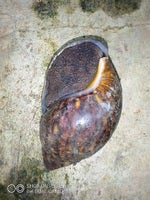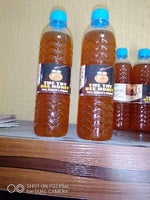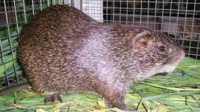Post by Ismail AbdulAzeez on Jan 30, 2017 22:36:10 GMT 1
Since 2003, the World Bank group has been working together with governments, insurers, reinsurers, financial institutions, agricultural input suppliers and others to support more than 40 countries so as they can benefit from index insurance.
Sometimes called parametric insurance, index insurance is based on the premise that a verifiable index that measures temperature, precipitation and/or crop yield can cover very large numbers of small farmers in a given region, without the need for expensive and time-consuming claims procedures.
The World Bank Group index insurance facility (GIIF) is a response to the risk associated with climate change, and the continuing need to increase food security through support and insurance products for small-holder farmers, particularly in the developing world.
The inaugural GIIF annual conference, organized by the world bank group in Paris more24 months before the December 2015 COP21 summit in the French capital, drew together stakeholders to discuss progress and investigate future trends.
One of the speakers at the GIIF conference was benjamin Njogu, who heads business Analytics at Acre Africa (formerly the kilimo salama weather index insurance programme).
A former employee at safaricom ltd, the leading Kenyan telecom business that pioneered the M-pesa financial service initiative, Nigeria joined acre African bring his extensive experience in interative mobile technology and micro-insurance product design.
But Nigeria’s contribution to East Africa index insurance industry is just one side of the technological picture, the other is the advances made in climate monitoring by satellite. A good number of projects and initiatives have since taken place to assist African meteological community meet national and regional objectives in terms of severe weather warnings, water and agriculture management, and mitigation of the effects of natural hazards and climate change.












